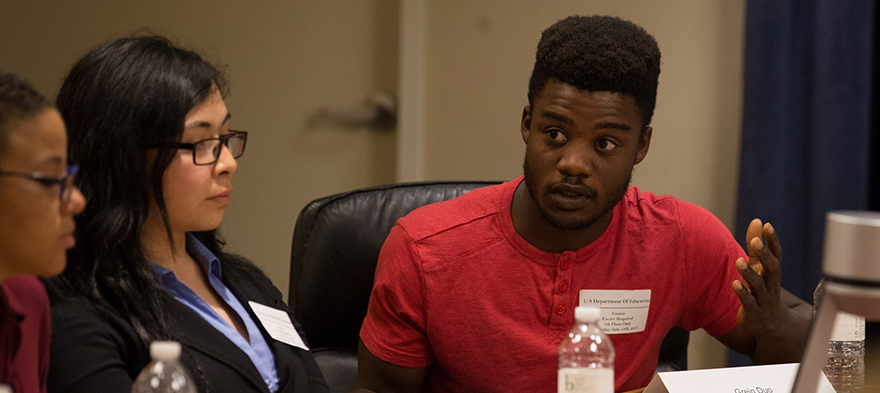
Jul 20, 2017 12:00:00 AM
Elijah Armstrong graduated from Penn State in 2019, and from The Harvard Graduate School of Education in 2020. In 2021 he started the Heumann-Armstrong award, a scholarship for students in the 6th grade and up (including higher education) who have experienced and fought against ableism in education.
Few issues in education spark more tension and debate than standardized testing. Are they a tool for equity or a burden on students? A necessary check on school systems or a flawed measure of...
Charter schools are public schools with a purpose. Operating independently from traditional school districts, they're tuition-free, open to all students, and publicly funded—but with more flexibility...
Despite the benefits of a diverse teaching force, prospective teachers of color fall out of our leaky preparation pipeline at every stage: preparation, hiring, induction, and retention. Here’s what...
Ed Post is the flagship website platform of brightbeam, a 501(c3) network of education activists and influencers demanding a better education and a brighter future for every child.
© 2020-2025 brightbeam. All rights reserved.
Leave a Comment